As I dig into my year-long discussion of a theology of achievement, I will be developing several conversation partners—both Christian and secular. In this post, I begin to survey the literature out there that relates to the theme.[1]
Most of the literature does not address the theme of “achievement” directly—or, at least, it doesn’t use that term. One concept that closely connects to what I mean by “achievement” is “excellence.” This week’s post introduces three contributions on the theme of excellence.
Jones, L. Gregory and Kevin R. Armstrong. Resurrecting Excellence: Shaping Faithful Christian Ministry. Pulpit and Pew. Grand Rapids: Eerdmans, 2006.
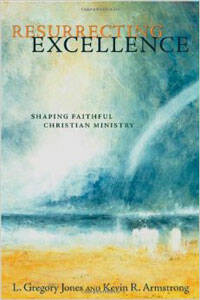
This book is focused primarily on the vocational ministry of pastors. Its definition of excellence is “resurrected excellence,” which is excellence through the lens of Christ (esp. Phil 2:5-11).
The book comes out of a Colloquium on Excellence in Ministry formed at Duke Divinity School in 2001, consisting of pastors, lay leaders, and theological educators. The authors describe their wrestle with the topic:
“During our conversations, we struggled with whether ‘excellence’ is the right word to describe what we wanted to commend in Christian ministry. We eventually agreed that it is an important and life-giving notion, so long as the primary referent for excellence is God.”
Jones and Armstrong argue that for the Apostle Paul, excellence is a way of love patterned in Christ. This contrasts the world’s way of excellence, which is gauged by competition and achievement. Rather, Paul calls us to a way of excelling by embodying God’s love manifest in Jesus Christ. Importantly, they claim that there is no one standard or criterion for measuring excellence, “other than fidelity to the crucified and risen Christ.”
Winter, Richard. Perfecting Ourselves to Death: The Pursuit of Excellence and the Perils of Perfectionism. Downers Grove, IL: InterVarsity, 2005.
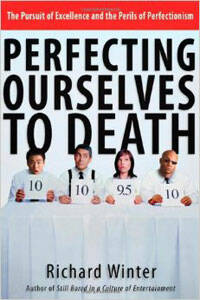 Winter is a psychiatrist and professor at Covenant Theological Seminary in St Louis. He focuses on the negative aspects of perfectionism, and tends to treat achievement as a negative, culturally influenced, concept. Rather, the Christian perfection called for in the Bible is founded upon God and his grace.
Winter is a psychiatrist and professor at Covenant Theological Seminary in St Louis. He focuses on the negative aspects of perfectionism, and tends to treat achievement as a negative, culturally influenced, concept. Rather, the Christian perfection called for in the Bible is founded upon God and his grace.
Christians are called to develop our abilities and talents as much as we can to reflect God’s image in us, to develop and explore creation, and to pursue excellence in all areas of life. The danger comes when our whole identity and value rest in achievement.
Winter says that the pursuit of excellence is a wonderful thing, as long as it is kept in place with other important character values. In fact, the perfection we should strive for is not found in performance. True perfection is found in developing a Christlike character.
Adams, Robert Merrihew. A Theory of Virtue: Excellence in Being for the Good. Oxford: Clarendon, 2006.
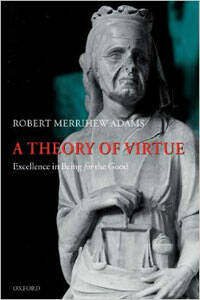 This secular book addresses excellence through the lens of virtue ethics. Adams identifies virtue with persisting excellence in being for the good. This virtue-through-excellence involves goodness of character as a holistic property of a person. In other words, excellence is a particular type of goodness.
This secular book addresses excellence through the lens of virtue ethics. Adams identifies virtue with persisting excellence in being for the good. This virtue-through-excellence involves goodness of character as a holistic property of a person. In other words, excellence is a particular type of goodness.
Adams makes a distinction between usefulness, or merely instrumental goodness, and the “non-instrumental goodness of that which is worthy to be honored, loved, admired, or (in the extreme case) worshipped, for its own sake.” True excellence, as Adams understands it, is the latter type of goodness.
Other works dealing with “excellence” will be introduced in due course, including Andreas Köstenberger’s important book, Excellence: The Character of God and the Pursuit of Scholarly Virtue.
I’ll interact with these books and more throughout the year. For now, it is worth noting how these works focus on character, identity, and service toward others in addressing excellence. Excellence is to be grounded in the character of God and the work of Christ. It is a good thing to be pursued, but contains inherent traps that must be avoided.
[1] With thanks to my research assistant, David Bryan, for his work in gathering these resources.
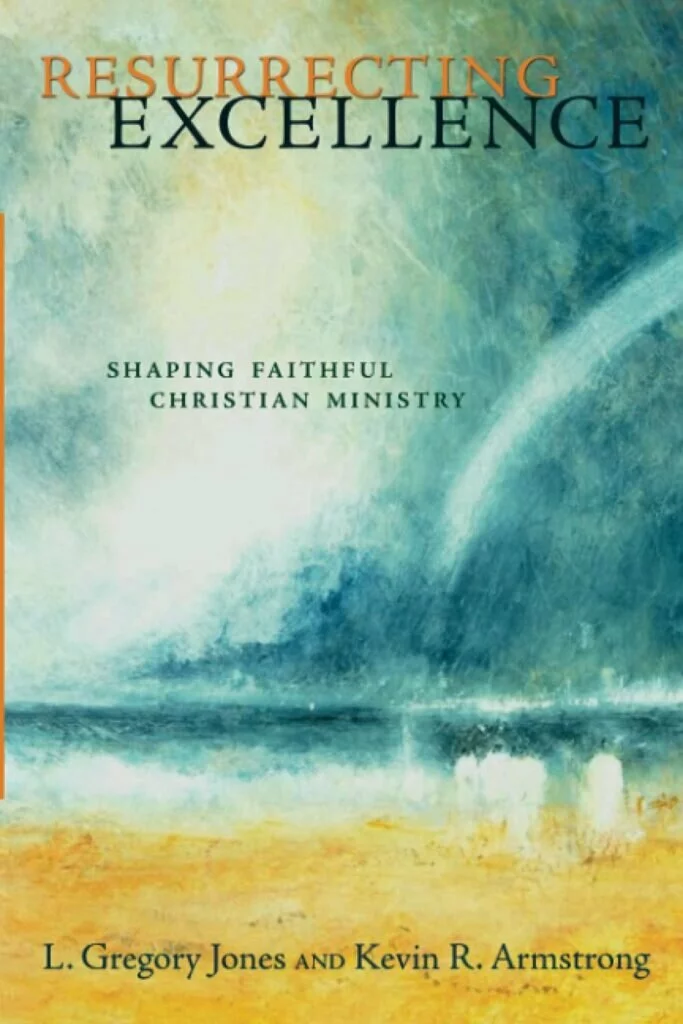





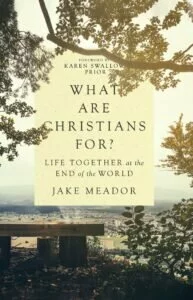
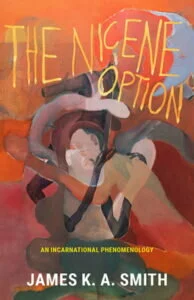
Comments
Be the first one to make a comment!